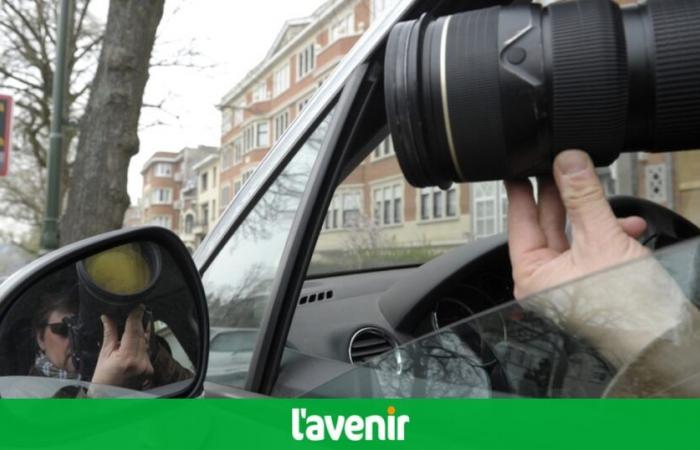The preventive mission of intelligence agents consists of anticipating dangers, identifying warning signs and acting well in advance. This ranges from detecting the influence of a Salafist imam to identifying spy networks. However, the reform underway for several years within the Security Service, called “REMIX”, aims for increased specialization to prioritize the most serious threats, with particular emphasis on terrorism.
Staff discomfort
This new direction raises concerns: the work of agents would be closer to that of police officers, to the detriment of general collection and analysis, which are nevertheless at the heart of state intelligence.
gullThe Security has even backed down with regard to the surveillance of mosques, but this is a task that falls directly to it
On the ground, several security players note that this strategic reorientation, supposed to respond to the recommendations of the commission of inquiry into the Brussels attacks, is not producing the expected effects. And this, despite the increase in the service’s workforce (1,000 agents currently). A high-ranking police source observes, for example, that “the Security has even backed down with regard to the surveillance of mosques, but this is a task that falls directly to it“.
The concerns of the unions
All the unions within the Sûreté share this analysis. In a letter addressed to Committee R, they denounced the “deleterious effects of the reform” Who, “although necessary “, would have been “implemented to the detriment of expertise and thematic specialization, which have been the added value of our service for many years “.
They also criticize the “Brussels centralization “, the “ideological devaluation of general intelligence“and the”inflation of administrative costs “, emphasizing that this leads to “a certain form of abandonment of field work, particularly in the provinces “.
The signatories also point out “a level of uneasiness previously unheard of in the history of our service“.
The testimony we collected (see box) confirms this state of affairs, which a trade unionist summarizes by saying: “The situation remains unchanged“. The unease is further accentuated by “persistent anomalies of the new IT platform” and a draft statutory modification of members of the external and internal services.
“We no longer want Swiss knives”
The Security Department did not wish to react. However, the reform it is leading is inspired by the “investigative” model borrowed from British MI5, which aims to specialize agents in a single “profession”.
Unlike the versatile agents of the past, capable of managing human sources, conducting surveillance, analyzing telecommunications or collecting information on social networks, agents are now specialized. “We don’t want Swiss Army knives anymore “, we hear in the higher spheres of Security, where it is considered that this specialization will guarantee greater efficiency.
gullIt’s true that we’re casting a narrower net than a few years ago, but we’re more focused where it’s necessary.
This specialization also concerns themes, with priorities dictated by the risk of violence.
“It’s true that we’re casting a narrower net than a few years ago, but we’re more focused where it’s necessary.“, tells us a source close to management. “We prefer to focus on everything that is likely to constitute an imminent danger, certainly to the detriment of more general intelligence. To give you a fictitious example, we are perhaps no longer able to inform the commander of a local police force about the number of participants in a demonstration of Flemish ultranationalists; on the other hand, we are better able to detect a plan to attack a mosque by right-wing extremists.”
“We risk missing a threat”
This logic is, however, contested within the institution itself.
For the Sypol union, the investigative model creates a confusion of roles: “That of the police is precisely to react to imminent risks. Ours is to first identify individuals and structures that represent a potential threat to state security “, specifies a union delegate.
gullWe have sounded the alarm to Committee R, but no response has come to us
According to him, to fulfill this mission, “we must not renounce either the territorial network, nor the collection of general information which allows us to have a complete overview of the phenomena. When the threat is concrete, the lead must go to the police. Which does not mean that we should give up on acquiring proactive hindrance skills. We have sounded the alarm to Committee R, but no response has come to us“.
An “unsuitable” model
Another field source adds: “The model borrowed from the English does not come from just anywhere, it is specifically that of counter-terrorism which, across the Channel, aims to actively counter urgent threats. He is unsuitable for our defensive and generalist service. Our job is not to neutralize a sleeper cell at the moment when it activates with a view to committing an attack, but it is to deploy our antennas everywhere, where we can capture the rise of radicalism on which the terrorists“.
According to this source, by neglecting prevention, “we expose ourselves, in the future, to having to face a serious threat which will have escaped us. Not to mention the foreign services on which we depend, and with which we will no longer have much to share“.






